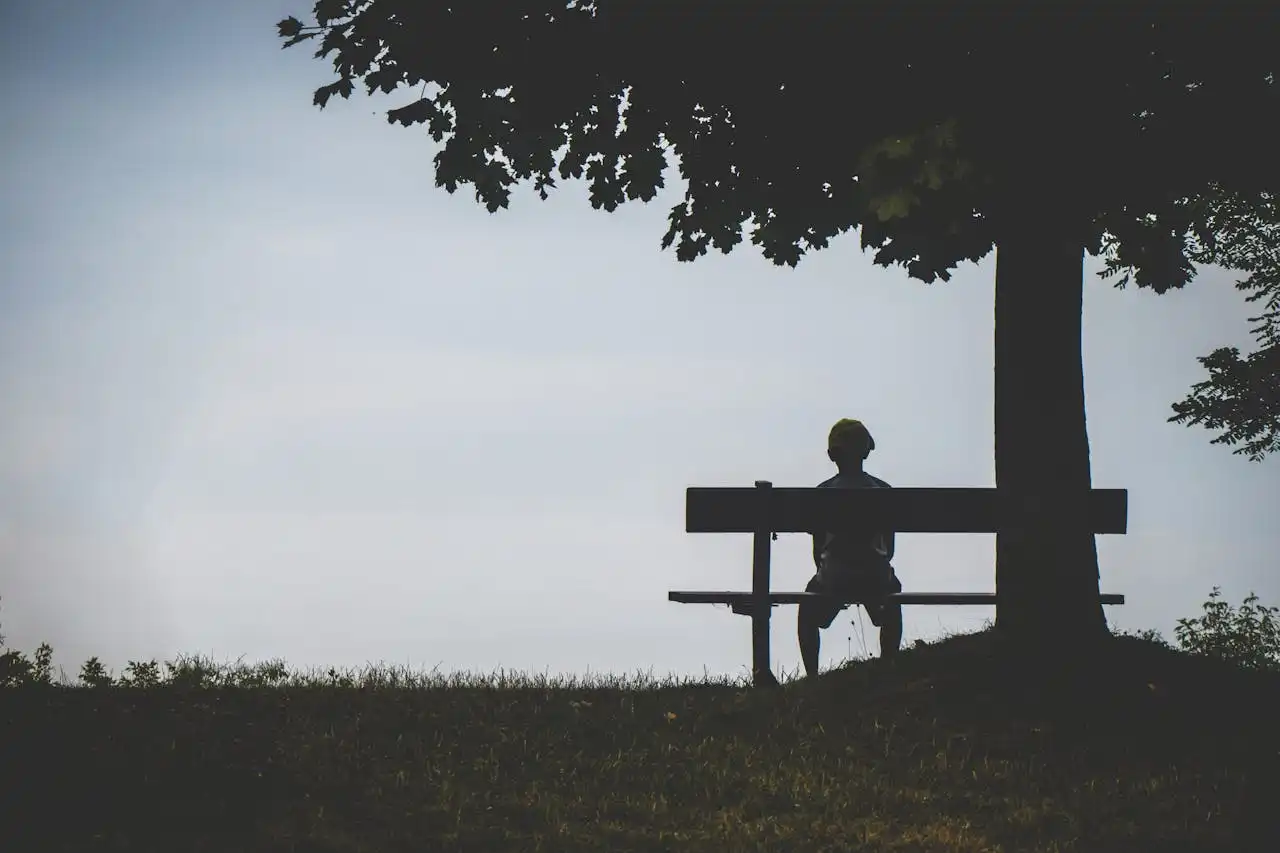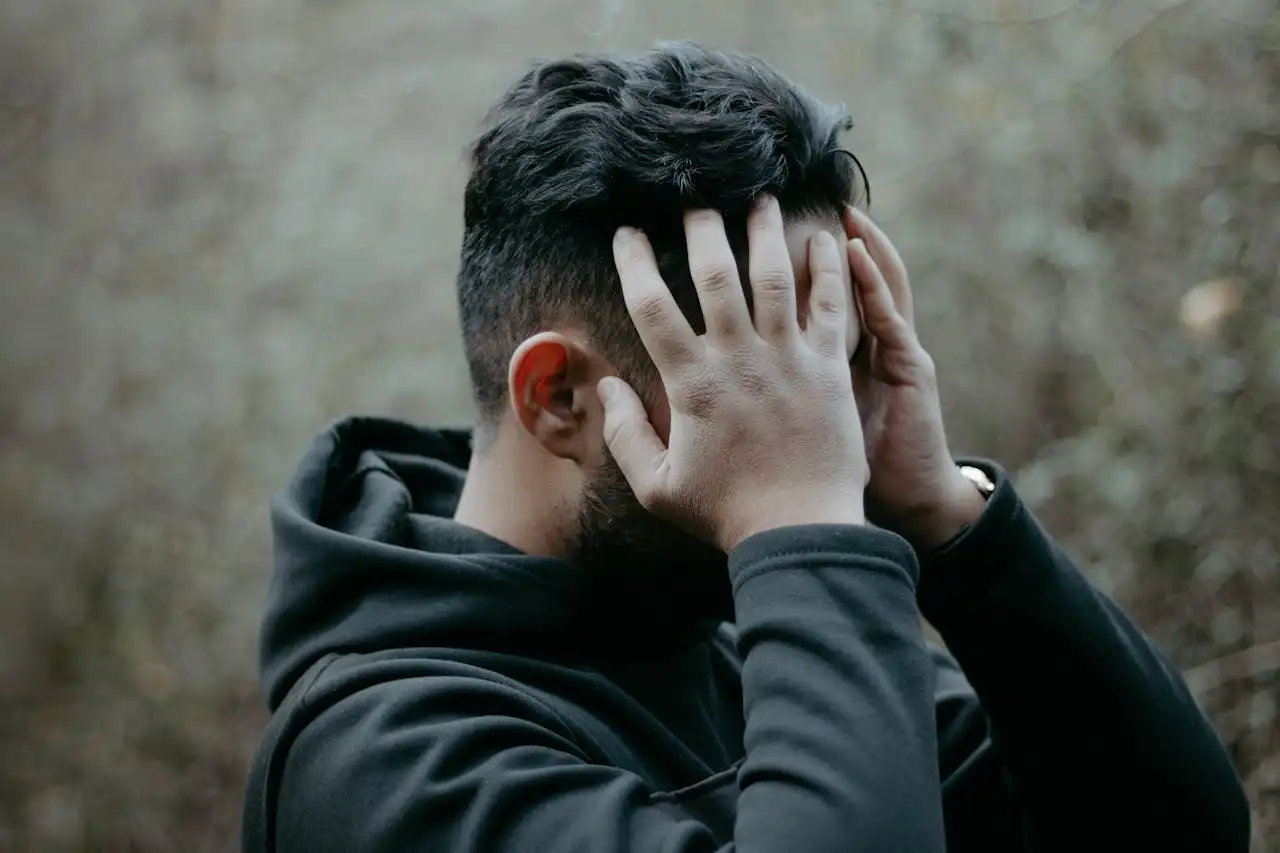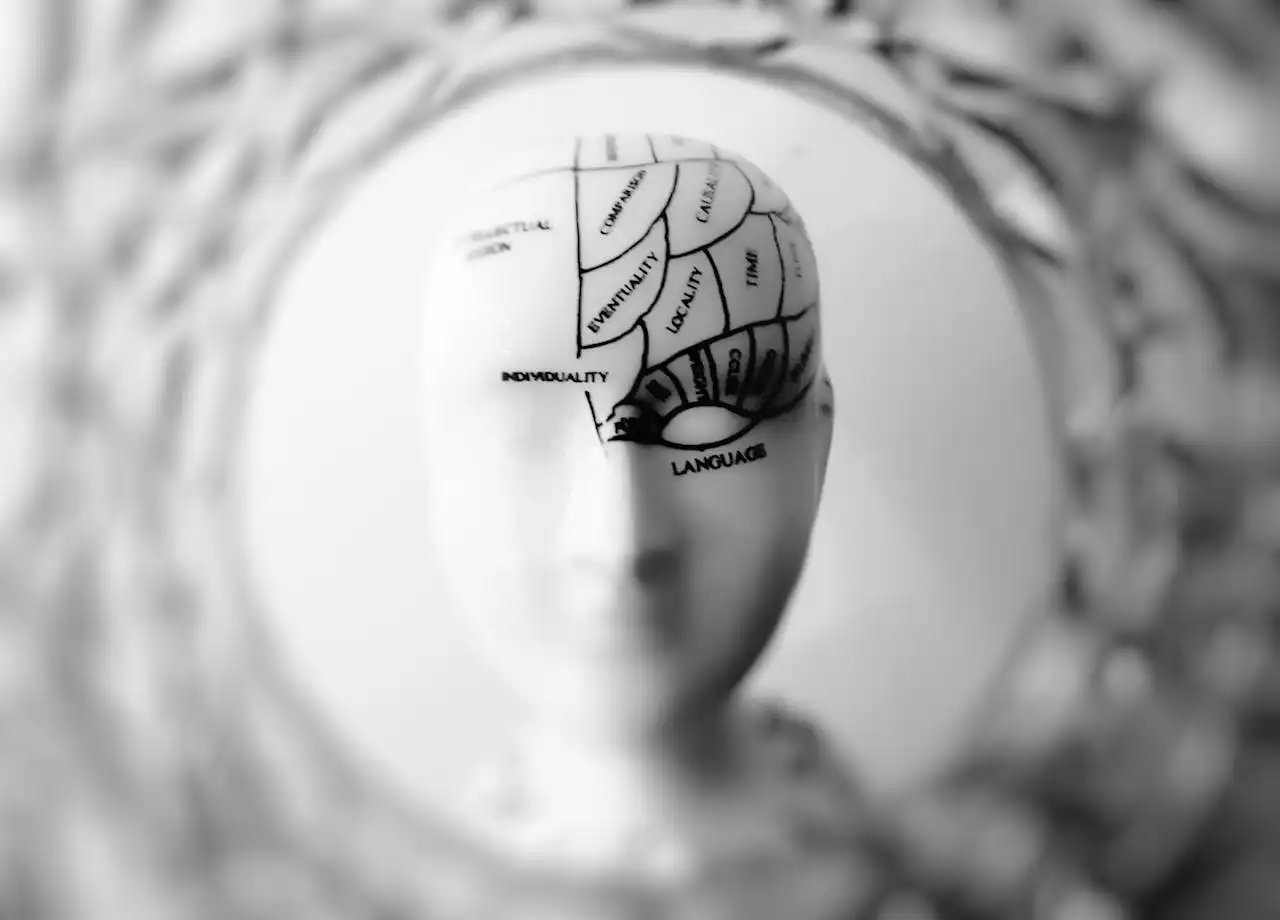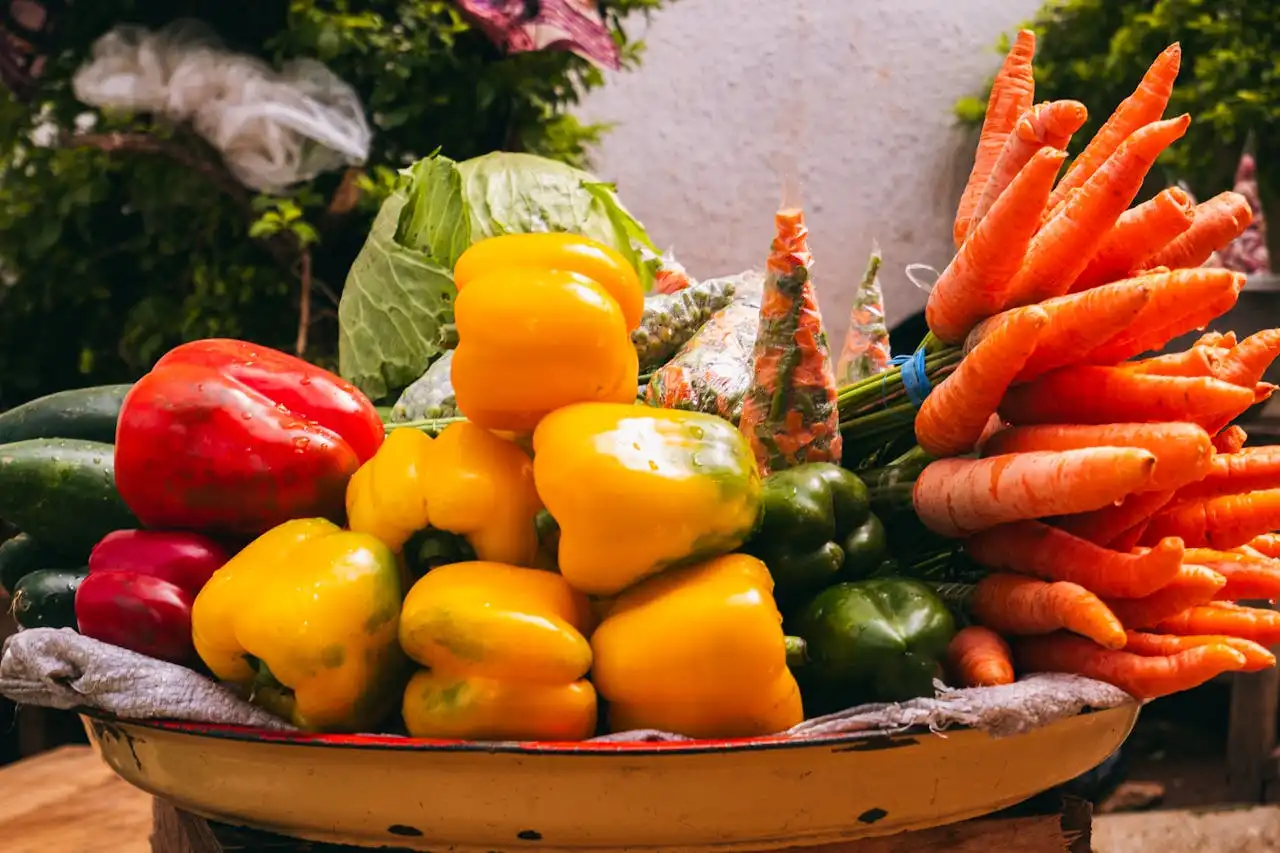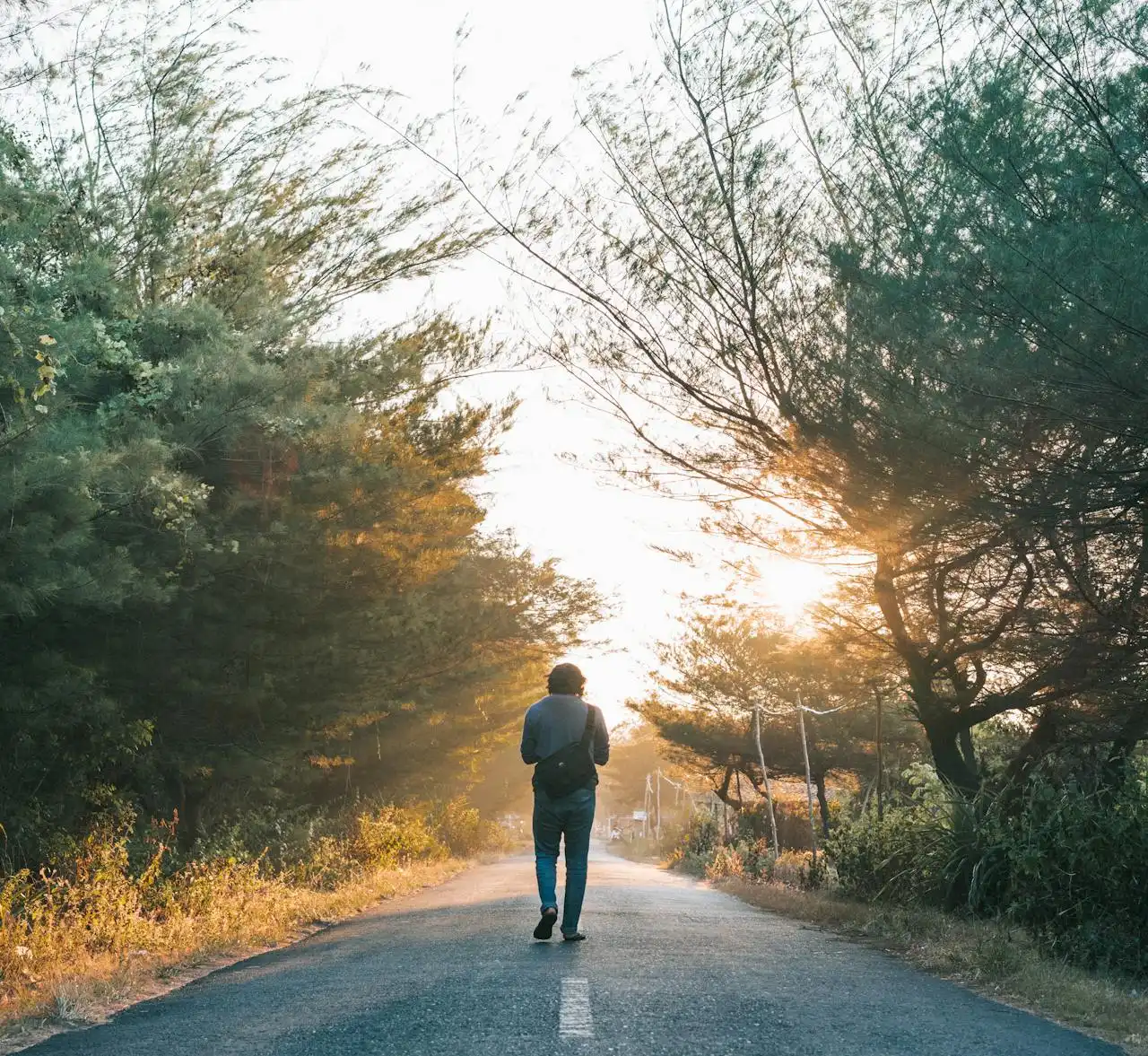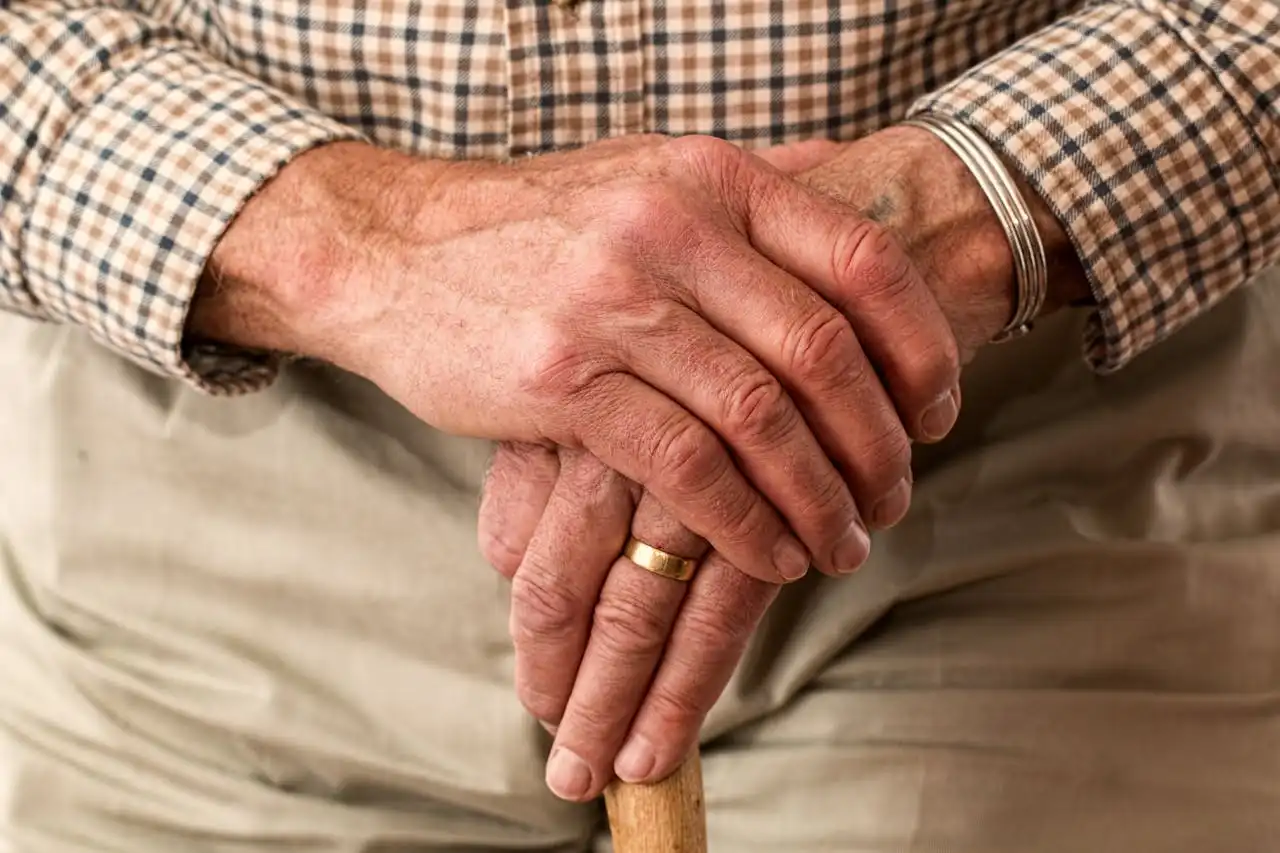Ever had that feeling? That deep, gnawing sense of being utterly alone, even when surrounded by people? Maybe you’re scrolling through endless feeds, seeing everyone else living their best lives, and you’re just… there. For too long, we’ve dismissed loneliness as merely an emotion, a fleeting mood, or something reserved for the elderly or the obviously isolated. But here’s the kicker: it’s so much more than "just a feeling." Loneliness, in its chronic form, is a legitimate, quantifiable risk factor for both our physical and mental well-being, throwing a real curveball at our health in ways we’re only just beginning to truly grasp. It's a weird paradox, isn't it? In an age where we're supposedly more "connected" than ever, with social media, messaging apps, and video calls at our fingertips, an alarming number of us are feeling increasingly disconnected. It's not necessarily about being physically alone; you can be in a bustling city, surrounded by millions, and still feel profoundly isolated. The real danger lies in the *perceived* lack of social connection, the feeling that you don't have meaningful relationships, that no one truly "gets" you. This isn't just a bummer for your mood; your body actually keeps the score. Think about it. When you’re feeling perpetually lonely, your body goes into a low-grade, chronic stress response. This isn't the acute stress of dodging a car, which quickly subsides. This is a slow burn, a constant drip of stress hormones like cortisol that wreak havoc over time. What does that mean for your physical health? Brace yourself: it’s not pretty. Chronic loneliness has been linked to an increased risk of heart disease and stroke, almost on par with smoking or obesity. It can weaken your immune system, making you more susceptible to everything from the common cold to more serious infections. Inflammation levels can spike, contributing to a host of chronic conditions, and it can even mess with your sleep, trapping you in a cycle of fatigue and more isolation. It's like your body is constantly on high alert, even when there's no immediate threat, and that takes a significant toll. And then there's the mental health mayhem. This one feels a bit more obvious, right? Loneliness and mental health issues are practically two sides of the same coin. Feeling isolated can drag you down into the murky depths of depression and crank up the volume on anxiety. It can lead to what some call "brain fog," making it harder to concentrate, remember things, or even make decisions. When you feel disconnected, your sense of purpose can dwindle, self-esteem takes a hit, and suddenly, you’re stuck in a rut that feels impossible to escape. It's a vicious cycle: you feel lonely, you withdraw, which makes you feel even lonelier, and on and on it goes. For many, this isn't just a bad day; it's a persistent state of mind that impacts every single facet of their lives. So, why is this happening on such a grand scale? Well, it's a mix of modern-day ingredients. Our hyper-individualistic society often champions independence to the point where asking for help or admitting vulnerability feels like a weakness. Urbanization means less spontaneous community interaction; we live closer but know our neighbors less. Long working hours, demanding commutes, and the sheer pace of modern life leave little room for fostering deep connections. And while our digital world offers a sense of connection, it often lacks the depth and quality of in-person interaction, making it a poor substitute for true intimacy. We're great at "liking" posts, but not always at truly listening or being present for each other. But here’s the hopeful bit: we're not powerless against this silent epidemic. Recognizing that loneliness is a serious health concern is the first crucial step. The good news is, unlike some medical conditions, the "cure" for loneliness often lies within our reach, even if it feels daunting at first. It starts small. Reaching out to an old friend you haven't spoken to in ages, joining a local club that aligns with your interests – whether it's a book group, a hiking club, or a pottery class – or volunteering for a cause you care about. These aren't just ways to pass the time; they're avenues for genuine connection, for finding your tribe. Sometimes, it’s about putting down the phone and looking up, engaging with the world around you, even if it's just a friendly nod to a barista or a quick chat with a neighbor. It also means being brave enough to be vulnerable. Admitting you feel lonely isn't a sign of weakness; it's a sign of strength and self-awareness. Sometimes, professional help, like therapy or counseling, can provide the tools and support needed to break free from the patterns of isolation and build healthier social habits. Because at the end of the day, human connection isn’t a luxury or a bonus feature of life; it’s a fundamental human need, as vital as food, water, and shelter. Let's start treating it as such. Let's make genuine connection not just a nice-to-have, but a lifeline we actively seek out, nurture, and protect for ourselves and for those around us. Our health, both body and mind, literally depends on it.
